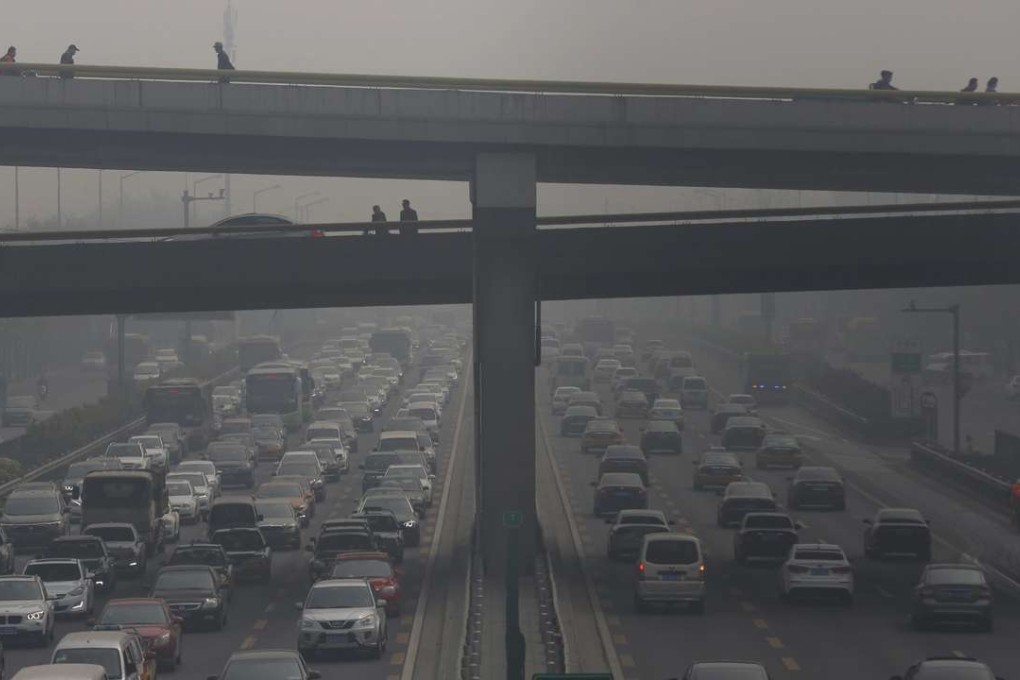Inside Out | Why I’m optimistic China can avert an environmental catastrophe
Beijing’s efforts to curb carbon emissions are slowly chipping away at the nation’s ‘awesome’ air problem

Talk about the global climate crisis and culprits to blame, and fingers will always quickly point to China. We see photos to prove it in newspapers, and on TV news every day of the week: massive and unchecked industrial pollution from the “factory to the world”; thick and lethal fog shrouding city after city; dirty coal mining at the heart of dirty power generation.
Surprise, then, to discover that there is probably no country in the world doing so much to ameliorate carbon emissions, or build renewables. If we succeed in slowing global warming to non-lethal levels, it will probably because of efforts being made inside the Chinese mainland.
China’s pollution problems remain awesome, in spite of good progress
The reality struck me a week or so ago when I read that China’s Hong Kong-listed Goldwind has become the world’s biggest wind turbine maker, overtaking Denmark’s Vestas and General Electric in the US. China is today home to five of the world’s top 10 wind turbine makers, accounting for half of the 63 gigawatts installed worldwide in 2015. That was nearly four times as much new wind power as was installed in the US last year, and means that China is today home to more than one third of wind power capacity installed worldwide.

And wind is not a stand-alone exception. Of the 177 GW of solar power installed worldwide, nearly 16 per cent is in China, and it is installing about half of the world’s new capacity every year. I also discovered that China in 2014 installed 44.5 GW of those solar heating collectors that sit on peoples’ roofs, lifting its installed total to 262 GW – about 70 per cent of the world’s capacity.
In short, China today accounts for about 17 per cent of the renewable power capacity installed worldwide – compared to less than 8 per cent in 2010. That compares with 20 per cent in the US, and 39 per cent in the EU, but the trend sees China’s share growing rapidly. It has boosted its share of the world’s hydroelectric power from 21 per cent to more than 27 per cent over the same period, and nuclear capacity now accounts for 5 per cent of the world total, compared with 2.7 per cent in 2010. China aims to be home to more than 30 per cent of the world’s nuclear power by 2035. Of course, many don’t count hydro or nuclear as renewable energy, but from my point of view these pump no CO2 up into the atmosphere, so have to be a force for good in the battle against global warming.
Set against this good news is of course the bad news. More than 60 per cent of China’s energy today still comes from coal – and dirty coal at that. The country consumes an awesome 4 billion tonnes of coal a year for power generation and direct burning by industrial users – compared with 900m tonnes in the US, the world’s second biggest polluter. Energy demand has been growing so strongly in recent years that coal use has been growing by an average 12 per cent a year, in spite of all the progress on renewables. Lots of wind power is wasted – about 15 per cent at last count, because it can’t be stored, and because of arguments over access to China’s power grid.
